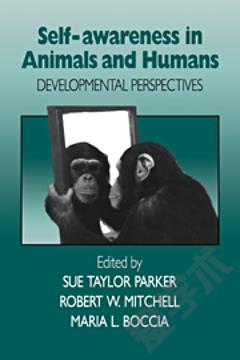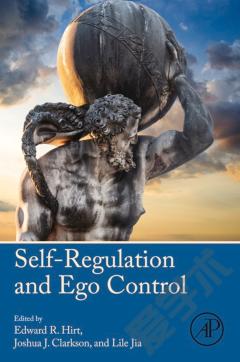Self-Control in Animals and People
Self-Control in Animals and People takes an interdisciplinary look at what self-control is, how it works, and whether humans are alone as a species in their ability to demonstrate self-control. The book outlines historical and recent empirical approaches to understanding when self-control succeeds and fails, and which species may share with humans the ability to anticipate better future outcomes. It also provides readers with in-depth explorations of whether various species can delay gratification, the ways in which people and animals exhibit other forms of self-control, what influences the capacity and expression of self-control, and much more. In addition to its comprehensive coverage of self-control research, the book also describes self-control assessment tests that can be used with young children, adults, and a wide variety of nonhuman species, with the goal of making fair and clear comparisons among the groups. This combination makes Self-Control in Animals and People a valuable resource for cognitive, developmental, and clinical psychologists, philosophers, academic students and researchers in psychology and the social sciences, and animal behaviorists.Provides a comprehensive perspective of the evolutionary emergence of self-control across speciesExplores different "kinds" of self-control and their links to one another, and whether self-control can be improved or strengthenedOffers insight on mental time travel (chronesthesia) and how it relates to self-controlDemonstrates how to develop self-control tests for human and nonhuman animals, and how to make fair and clear comparisons among those groups
{{comment.content}}








 京公网安备 11010802027623号
京公网安备 11010802027623号